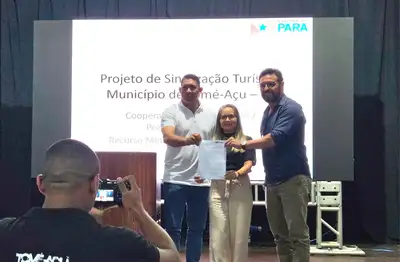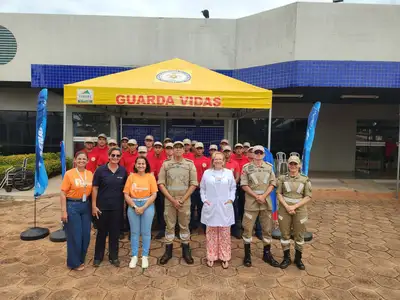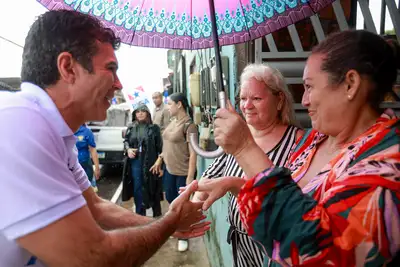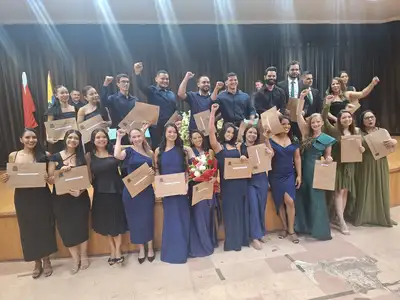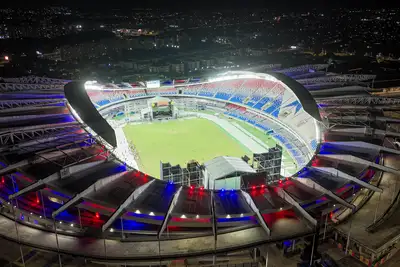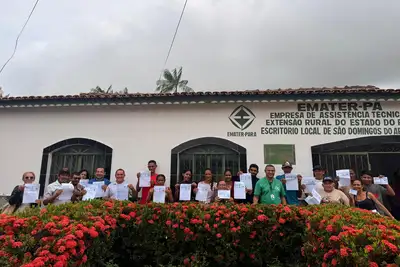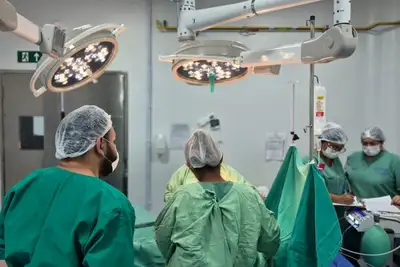With support from Emater, over 100 families in Santa Bárbara receive R$ 1 million in rural microcredit
Family farmers were also benefited with the Rural Environmental Registry (CAR) and the Family Agriculture Registry (CAF)
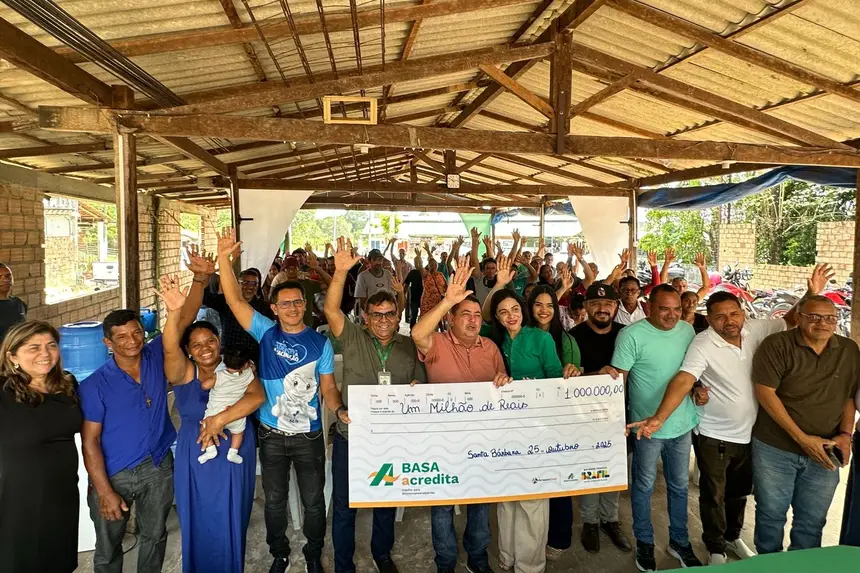
A partnership between the government of Pará, through the Technical Assistance and Rural Extension Company of the State of Pará (Emater-Pará), the municipality of Santa Bárbara, and the Bank of the Amazon (Basa), benefited more than 110 families with rural microcredit of R$1 million this weekend.
The beneficiaries are land reform settlers, traditional farmers, including extractivists, artisanal fishermen, who engage in activities such as poultry farming, pig farming, fish farming, floriculture, vegetable farming, and açaí management.
According to one of the beneficiaries, rural producer Cézar de Souza, who has an agroforestry system and an organic garden, the action was very important to bring access to public policies to the families in the municipality.
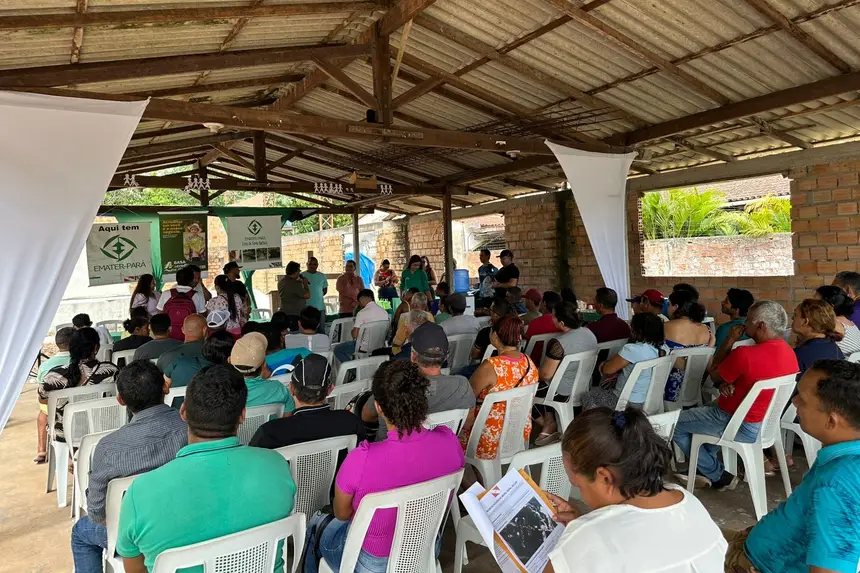
“For me, it was very good because with the amount I received, R$ 10 thousand, I will be able to invest more in my vegetables. I want to cover them. With this, I will be able to increase my production, my income, and further improve the quality of the products I sell,” he stated.
He, who is the owner of Sítio Souza, located in the community of Expedito Ribeiro, is already registered in the Food Acquisition Program (PAA) of the federal government. "We sell food from family agriculture to donate to people and families, to prevent food insecurity, with quality products, without chemicals. I am very grateful for all the support that Emater has always given us, providing us with ease and access to these public policies that are our rights,” he said.
For the head of the Local Office of Emater in Santa Bárbara, Jovelino Itapirema, the moment of delivering the benefit to all families is the result of a great effort and commitment from the government of Pará, through Emater, to bring access to public policies for family farmers.
“We celebrate in the municipality the achievement of R$ 1 million in rural microcredit, through the Basa Acredita Program. Thirteen communities were served and 110 families benefited. Here, they engage in activities such as poultry farming, pig farming, fish farming, floriculture, vegetable farming, and açaí management,” he explained.
According to the local head, the results of this year's delivery of benefits have been positive and with goals achieved in the region.
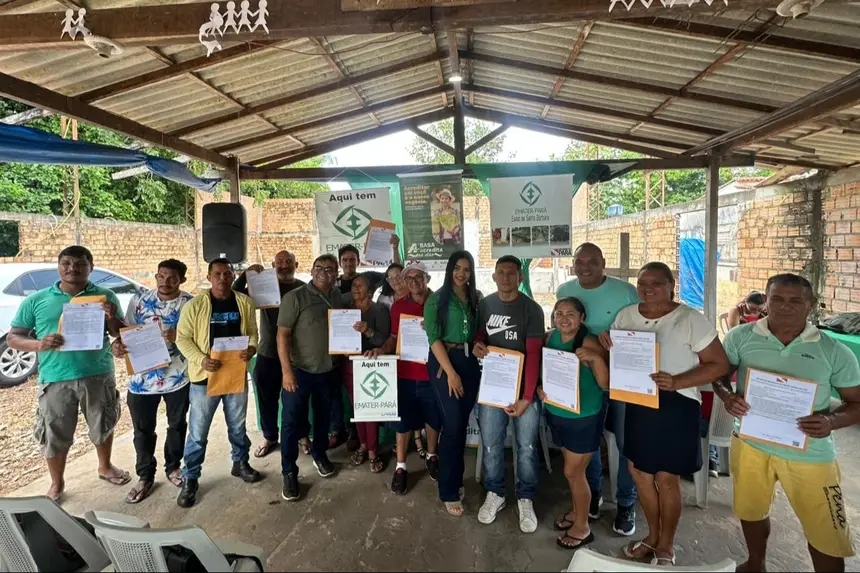
“There were 75 Rural Environmental Registries (CAR) and approximately 100 National Family Agriculture Registries (CAF). In this current delivery, there were an additional 23 CARs and 20 rural credit proposals signed. These two documents issued by Emater were crucial for access to credit policies, among other financial agents,” he concluded.




